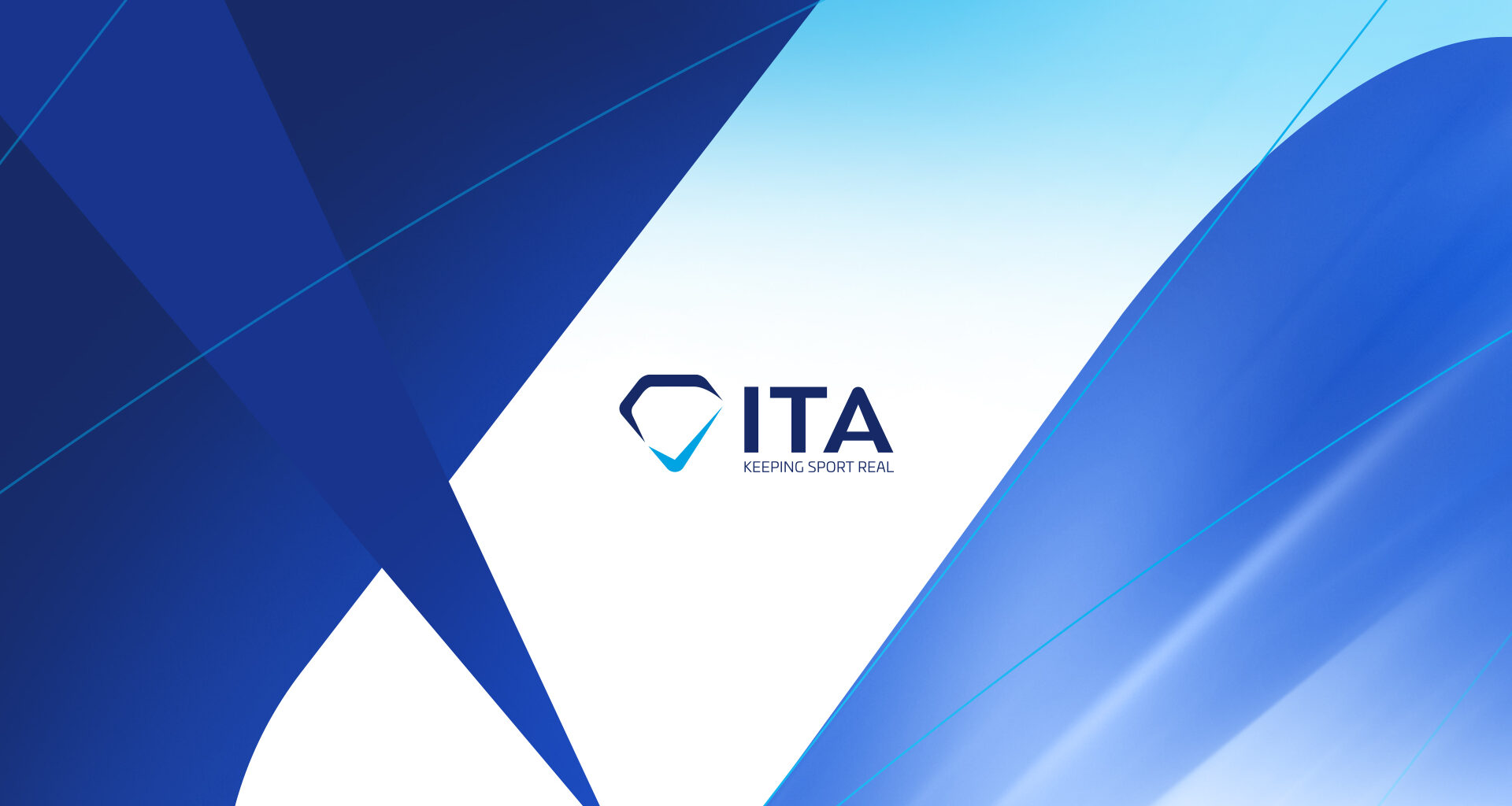Over the past weeks, the ITA oversaw a rigorous pre-event testing campaign that reflects the strengthened anti-doping requirements introduced by the IWF in 2024 which requires a minimum level of testing ahead of the 2025 IWF World Championships for all participating athletes. As of September 29th 2025, 82 percent of the weightlifters registered for the championships were tested at least once out of competition in the six months leading up to the event. By comparison, only 69 percent of participating athletes were tested during the equivalent period ahead of the 2023 IWF World Championships, before the new regulatory framework came into force. This rise in global testing activities on international-level weightlifters represents a decisive step forward in protecting the integrity of the sport, strengthening deterrence measures, and ensuring that athletes compete on a level playing field.
Furthermore, weightlifters from Category A Member Federations – those assessed to present the highest doping risk – underwent an average of four out-of-competition tests each so far in 2025. These trends were also observed prior to the World Junior Championships with testing coverage increasing significantly compared to previous years, confirming the positive impact of the risk categorisation framework across IWF competitions.
This system assigns Member Federations to specific tiers based on their associated doping risk and requires them to fulfil clear anti-doping obligations for athletes to be eligible to compete at the World Junior Championships, World Championships and Olympic Games. The framework reinforces accountability across the global weightlifting community and contributes to consistent and robust anti-doping measures worldwide.
Education has also been strengthened as part of the categorisation requirements. All athletes from Category A Member Federations competing in Førde successfully completed the ADEL International-Level Athletes Education Program (ADEL ILA), while 97 percent of their coaches finalised the ADEL Coaches of High-Performance Education Program ahead of the event. On site, the ITA will further engage with athletes and their support personnel through a dedicated education booth from 4–6 October at the competition venue, interactive activities, and a Clean Sport Seminar on 4 October on topics such as anti-doping rules, consequences of violations, and the use of medications and supplements.
During the Championships, the ITA will conduct around 220 intelligence-led in-competition controls, including approximately 300 urine and blood samples. For the first time, the ITA will also implement dried blood spot (DBS) testing at the IWF World Championships, one of the most extensive uses of this innovative method at a single event overseen by the ITA. Furthermore, the ITA will be collaborating with Anti-Doping Norway (ADNO), ensuring both effective operations on site and a targeted strategy informed by shared intelligence.
Alongside traditional urine and blood testing, the ITA applies the Athlete Biological Passport (ABP) program to IWF athletes, enabling the monitoring of selected biological variables over time to detect potential signs of doping. Since 2021, the ITA has also used an innovative performance monitoring model developed in collaboration with the University of Kent. This platform tracks athlete performance trajectories to identify unusual results that may warrant further scrutiny to inform test distribution, long-term storage, and targeted analysis.
The ITA also carries out intelligence and investigations (I&I) activities on behalf of the IWF. In the lead-up to and during the Championships, the ITA has been cooperating closely with ADNO’s I&I unit to further strengthen the IWF program.
In 2025, the ITA has already notified seven athletes of apparent anti-doping rule violations under the IWF program. These cases underline the organisation’s firm stance against doping and its determination to uphold a level playing field.
IWF entrusted the ITA with the full delegation of its anti-doping activities in 2019. Since then, the ITA has implemented an independent and comprehensive clean sport program for weightlifting with the support of IWF. In addition to strengthening the operational delivery of anti-doping, this collaboration has led to more stringent rules for the sport and has contributed to weightlifting’s continued inclusion on the Olympic program, with representation confirmed for Los Angeles 2028.

